2025 Sustainable Transport Award Nominees
-

Addis Ababa, Ethiopia
In Addis Ababa, a ten-year Non-Motorized Transport Strategy was developed to prioritize walking and cycling. This initiative tackled challenges like traffic congestion and air pollution, significantly improving residents' quality of life by focusing on vulnerable groups and creating safer, more accessible streets.
-

Guadalajara, Mexico
Guadalajara implemented an integrated mobility model that connects multiple transit systems seamlessly. This intervention addressed inefficiencies in public transport, reducing CO2 emissions by 10,000 tons annually and promoting sustainable urban mobility.
-
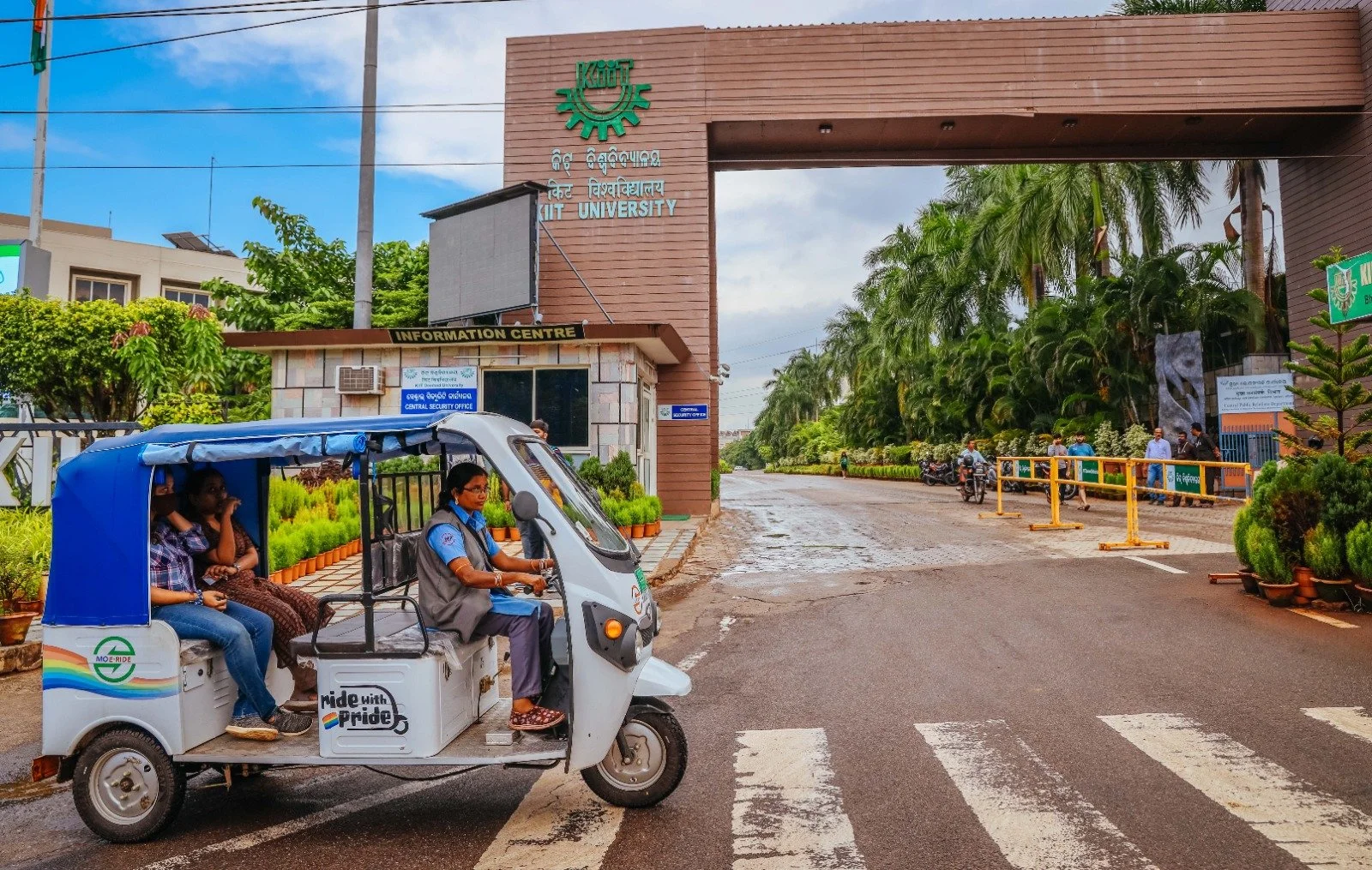
Bhubaneswar, India
The Capital Region Urban Transport (CRUT) in Bhubaneswar introduced electric buses and enhanced public transportation. This addressed high vehicle emissions and lack of connectivity, transforming urban mobility with cleaner and more reliable options for residents.
-
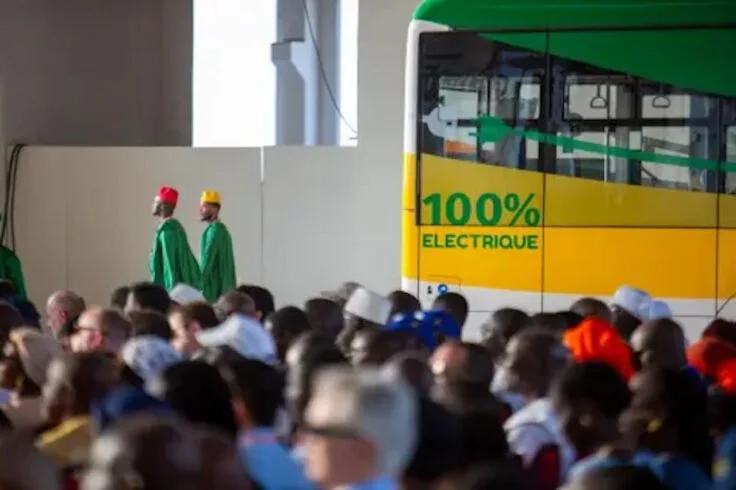
Dakar, Senegal
Dakar's Bus Rapid Transit (BRT) system redefined urban mobility, providing a dependable and modern transit alternative. It alleviated severe congestion and improved air quality, benefiting millions of daily commuters with fast and efficient bus services.
-
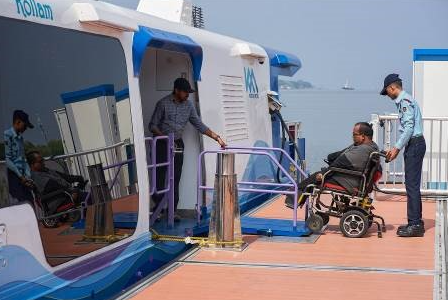
Kochi (Cochin), India
Kochi introduced the Water Metro, a climate-friendly transportation network connecting islands with the mainland. By modernizing water-based transport, it addressed the challenges of inefficient travel and enhanced socio-economic opportunities for residents.
-

Londrina, Brazil
In Londrina, a comprehensive urban transport system was implemented, revolutionizing public transit. This initiative addressed outdated infrastructure and congestion, enhancing accessibility and safety for all residents.
-
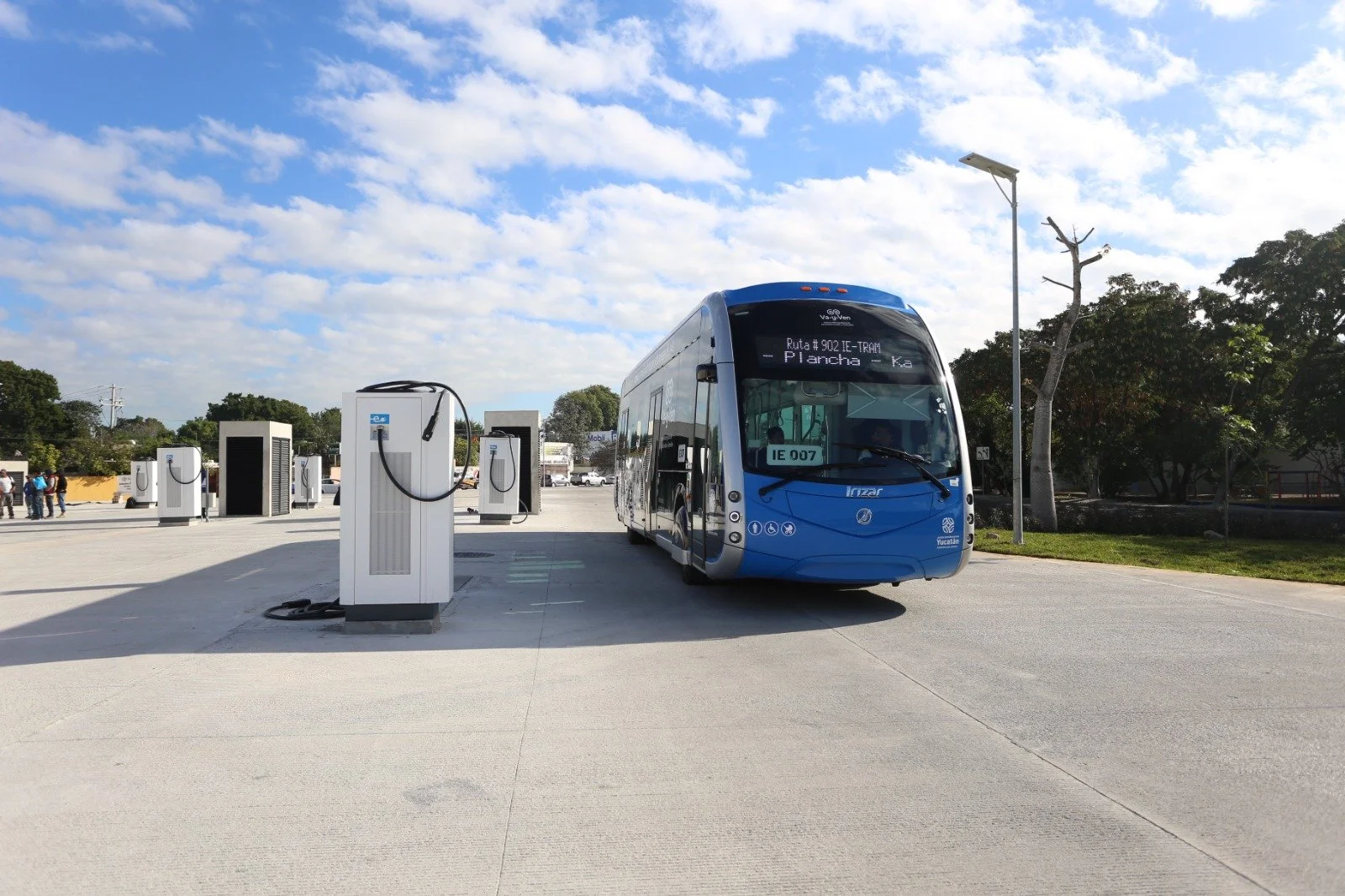
Mérida, Mexico
Mérida digitized 100% of its transit system operations, transforming public transportation. By addressing inefficiencies and modernizing processes, the city improved access and reliability for commuters.
-

Mexico City, Mexico
The integration of bus and metro systems in Mexico City has provided seamless connections across the urban network. This intervention reduced congestion and made daily commutes faster and more efficient.
-
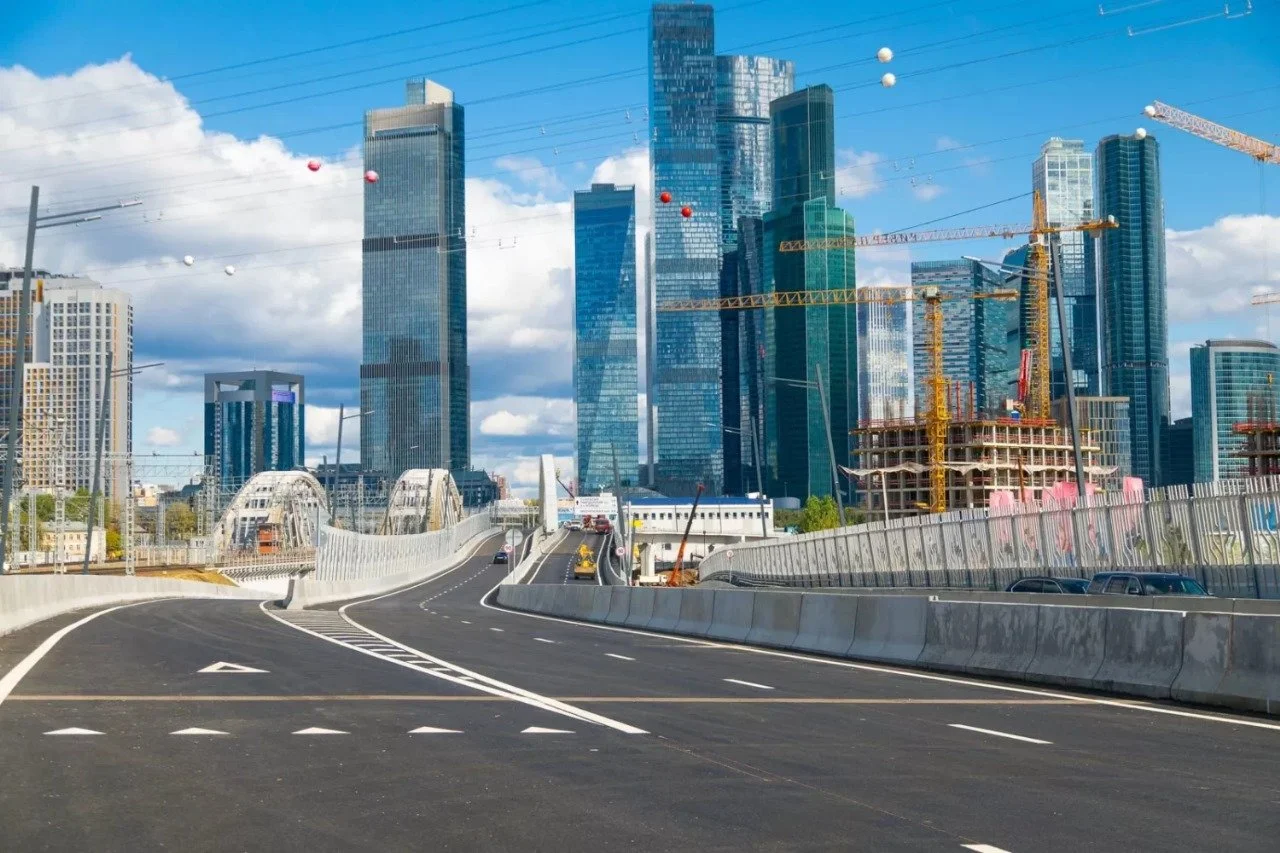
Moscow, Russia
Moscow's project focused on modernizing transit hubs and upgrading infrastructure. By tackling outdated systems, the city improved accessibility and comfort for millions of residents.
-

National Capital Territory of Delhi, India
Delhi introduced an extensive electric bus network, addressing pollution and traffic congestion. This project brought cleaner and more efficient public transport to its residents.
-
New Delhi, India
The Delhi-Ghaziabad-Meerut Regional Rapid Transit System offered a high-speed transit option, solving connectivity issues and significantly reducing travel times for commuters.
-
New Town Kolkata, India
In New Town Kolkata, a cycling and walking initiative transformed urban mobility. By addressing traffic and environmental concerns, the city created safer and more sustainable travel options.
-

Niterói, Brazil
Niterói launched the Central Traffic Management System, addressing traffic inefficiencies and enhancing safety. This system optimized traffic flow and reduced congestion significantly.
-
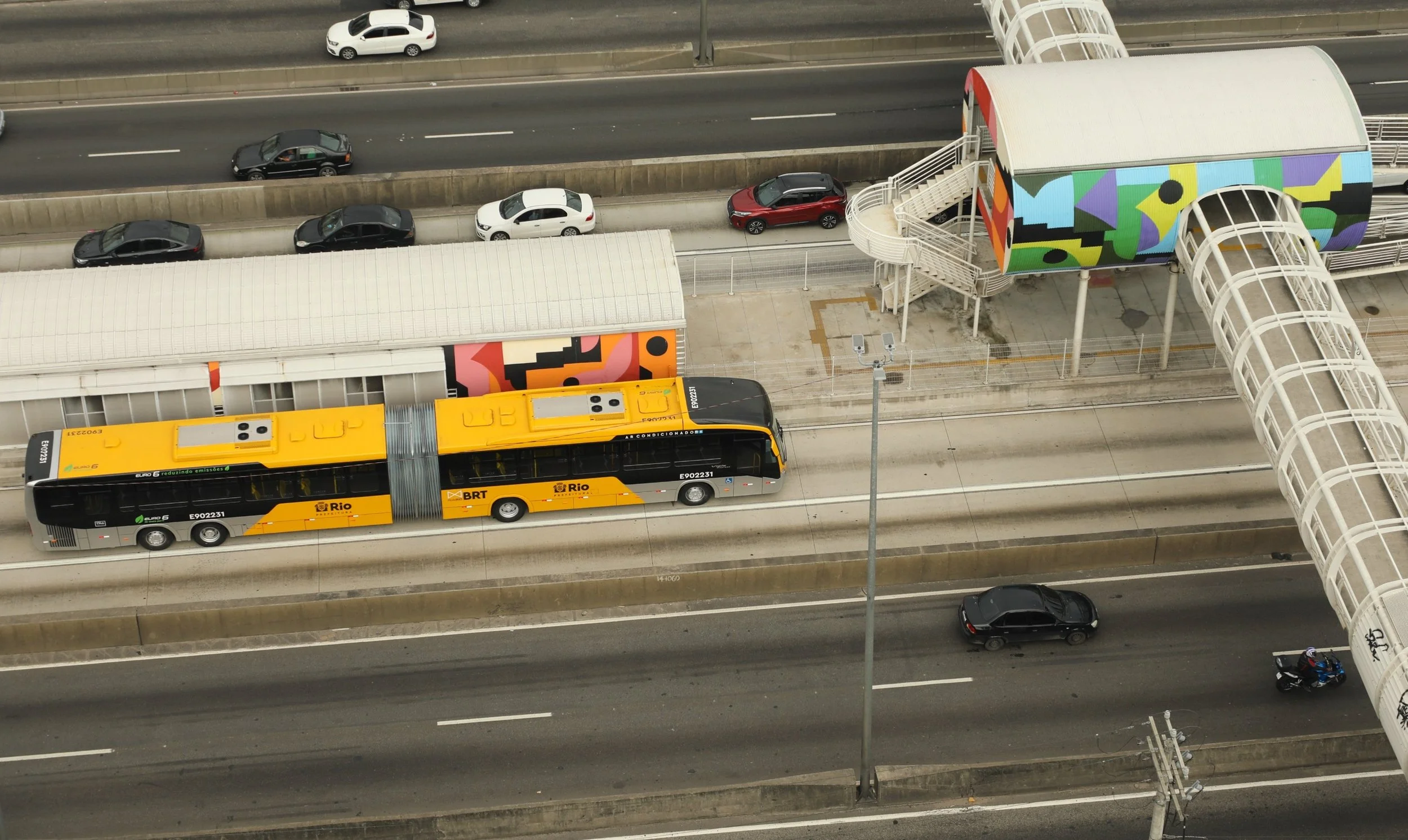
Rio de Janeiro, Brazil
A new BRT corridor in Rio de Janeiro streamlined urban transit, addressing chronic congestion and improving mobility for thousands of residents.

